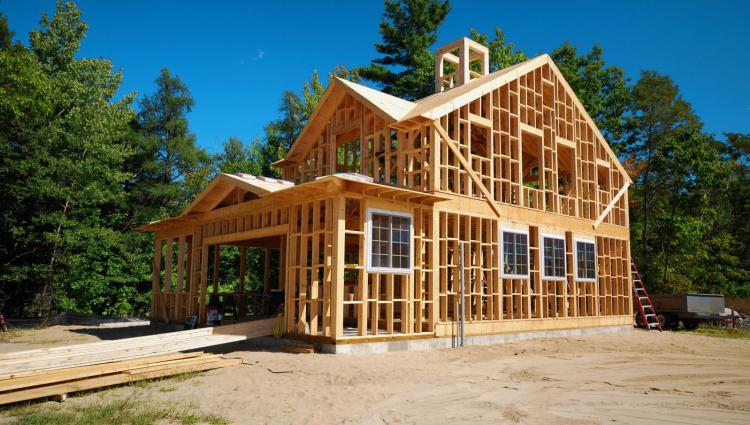
Choosing the right professional is a crucial step in planning your home renovation. You need to confirm the work you want to be done in writing, check their work quality in advance, ask about licensing and insurance, and agree on the scope of the project. This guide has some important aspects to consider when selecting a contractor.
Get more than one estimate
Meet with a few contractors and get written estimates from two or more. Consider work methods, building materials, timelines, and other factors. Reject estimates that seem too low or too high.
Check references
You must establish whether the contractor has experience in the kind of work you want to be done. Check references about their workmanship, the quality of materials they use, and their customer service. You could approach the Better Business Bureau to find out how many years they’ve been in business and other details about their professional reputation. Your contractor should have at least five years of experience.
Go local when you can
Local contractors are more informed about local building codes and easier to get in touch with if issues emerge with the project. This will also reduce transport costs.

Take your time
Once you get a few offers, take your time to make a decision. Don’t give in to pressure to make a decision immediately, especially to sign a contract. Be wary of requests for a large deposit upfront. If you need an urgent service and don’t have time to read the fine print, ask relatives, neighbors, or friends for feedback on the contractor. It’s imperative to perform a background check
on them.
Get everything down in writing
Before the work starts, you need to secure a comprehensive contract. It should be well-written and clear. If your home renovation project is expensive, consider getting a lawyer to review the contract.
As a bare minimum, the contract should include the method and schedule of payment, a description of the work to be done, the state and end date of the project, and both parties’ signatures.
Examples of common payment schedules include half down and the other half when work is completed or half down and a third upon partial project completion. The rest will be due when the project is complete.
Never pay the full price before the project is completed. Don’t pay cash and if you pay by check, make it payable to a business, not an individual. Retain any cashed check as a receipt.
Ideally, the contract should have a detailed description of the work to be performed. There should be a breakdown of the price per item.
Finally, the contract should include any applicable guarantees, clearly stating the subject of the guarantee, its validity term, and who is responsible for it.
Bonding and insurance
Your contractor of choice needs proper insurance and bonding. Their certificate of insurance (COI) will list their insurance provider, policy limits, and policy number. If you find something suspicious, call the insurance company to check if the policy is effective and verify the coverage.
It’s not a good idea to sign a contract with someone who doesn’t have the proper insurance coverage. If your contractor is not insured and an accident occurs, you may be held liable.

Contract cancelation
Under federal law, there is a so-called “cooling off” period when no penalty is levied on canceling the contract. Still, there are certain rules to follow during the cooling-off period. If you decide to cancel, give notice by registered mail to make sure you have evidence of the cancellation. Comply with your contract’s cancelation clause in every event.
You can reckon with delays
Delays can always be expected with home renovations, and it might not be the contractor’s fault when they occur. Weather conditions and other circumstances outside their control can throw the work off schedule. Be realistic and ready to change your plans.







